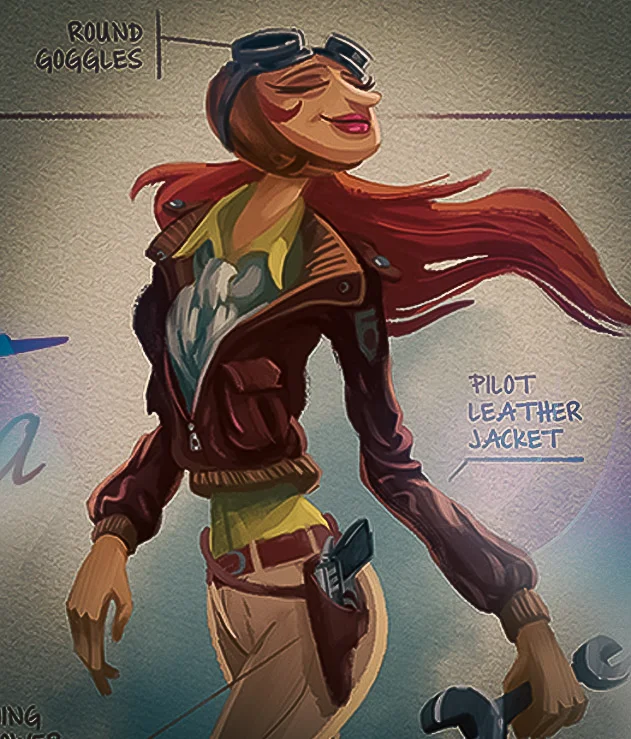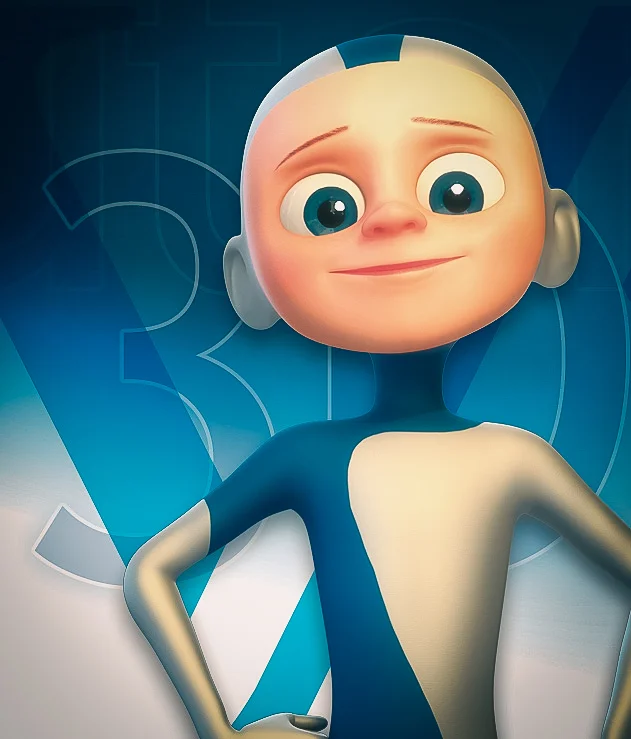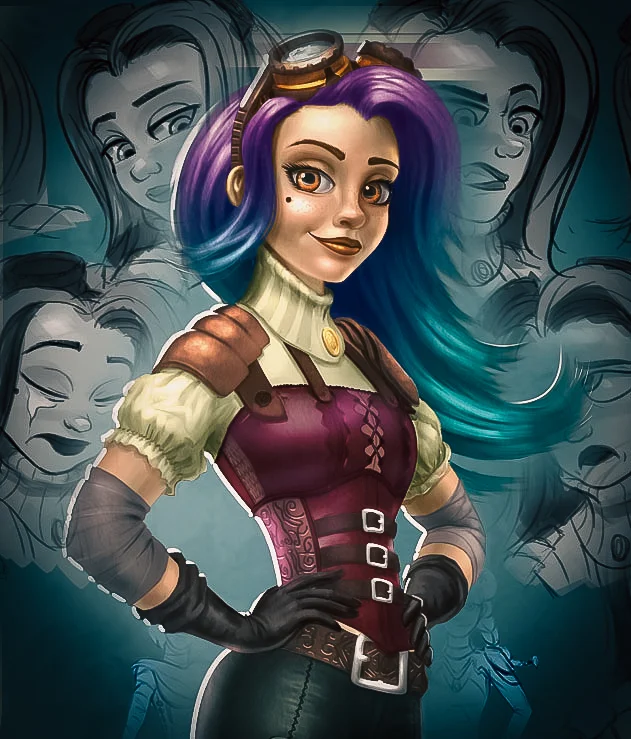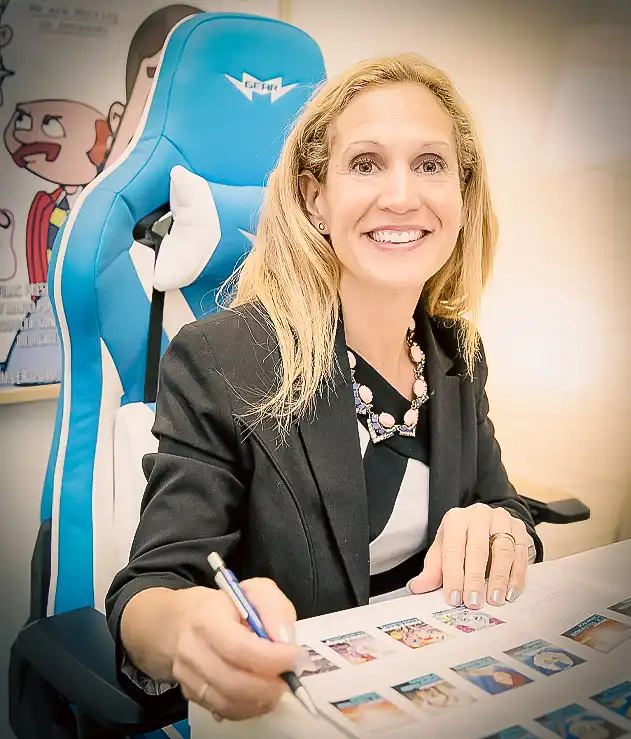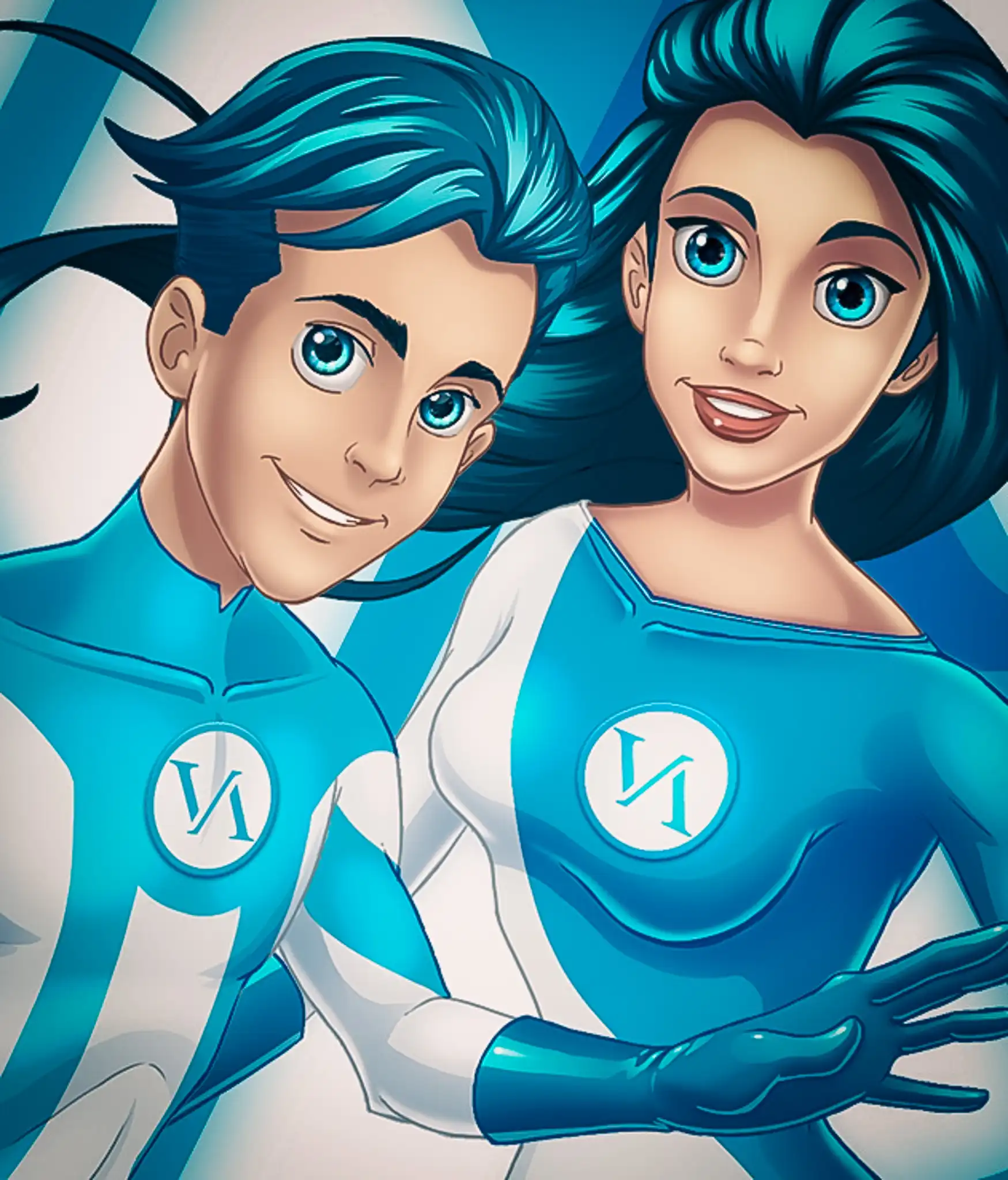 Image: Daniel Megias (Motion Array)
Image: Daniel Megias (Motion Array)
How AI Transforms Animation, Visual Effects, and Video Game Production?
Paying Attention to the Future
The rapid advancement of artificial intelligence (AI) is reshaping industries across the globe, and the creative sectors are no exception. Animation, visual effects (VFX), and video game production are particularly ripe for transformation, given their reliance on cutting-edge technology and innovation. As these fields continue to evolve, professionals and students alike are finding that AI is not just a tool for efficiency but also a revolutionary approach to creativity.
The AI Revolution in Creative Industries
Animation
In animation, AI is beginning to streamline the most time-consuming processes. Traditional methods, where frames are drawn by hand or meticulously crafted using software, are being complemented by AI algorithms that can automate aspects of animation. For instance, AI can now analyze and replicate an artist’s style across several frames, significantly reducing the manual labor involved in creating smooth, consistent animations. This allows animators to focus more on storytelling and character development.
Furthermore, AI-driven tools are enhancing the way animators work with body animation, facial animation, and lip-syncing. By learning from vast datasets of human body language, expressions, and speech patterns, these tools can generate natural-looking facial movements that correspond accurately to voice inputs, dramatically reducing the time and effort needed for fine-tuning.
Visual Effects
VFX is another area experiencing significant AI integration. AI is used for creating hyper-realistic environments and characters that would be either too expensive or impossible to realize with traditional methods.
Machine learning models are capable of rendering complex scenes in minutes that once took hours or days. This not only speeds up production but also opens up new possibilities for creativity, as VFX artists can experiment with different effects without prolonged waiting times.
AI is also revolutionizing the way VFX studios handle rotoscoping, compositing, and even color grading. By automating these intricate processes, AI allows artists to achieve higher-quality results with greater precision and in less time.
Video Game Production
Video game development is benefiting immensely from AI in areas like game design, testing, and player experience customization. AI algorithms are used to create vast, dynamic worlds that respond to player actions in unprecedented ways. These algorithms can also generate realistic NPC (non-player character) behaviors, adaptively enhance graphics based on player hardware, and even help in balancing game difficulty.
AI is instrumental in reducing bugs and glitches through automated testing, which can predict and analyze player behavior to ensure smoother gameplay.
The Impact of AI on Job Roles and Skills
The integration of AI into these fields is not without challenges, particularly concerning job roles and necessary skills. As routine tasks become automated, professionals are expected to adapt by learning skills that AI cannot replicate easily, such as creative thinking, complex problem-solving, and emotional intelligence. This shift emphasizes the need for continuous learning and adaptability in the curriculum of educational programs focusing on these industries.
Frequently Asked Questions
Will AI replace human artists and developers in animation and game design?
While AI will automate certain tasks, it is unlikely to replace human creativity. Instead, AI is expected to work as a tool that enhances human capabilities, allowing artists and developers to focus on more creative and complex aspects of production.
How can someone in the animation or gaming industry prepare for AI-driven changes?
Professionals should focus on continuous learning, particularly in AI and machine learning. Embracing new software tools that incorporate AI and participating in workshops and courses, like those offered by VANAS, can also be beneficial.
What are the benefits of AI in animation and video game production? AI enhances efficiency, reduces costs, and allows for greater experimentation in creative processes. It also enables the creation of more personalized and immersive experiences for audiences.
Are there ethical concerns related to using AI in creative productions? Yes, there are concerns such as data privacy, the potential for bias in AI outputs, and the devaluation of human artistry. It’s important for the industry to address these concerns transparently and responsibly.
Wrapping Up
The rise of AI in animation, visual effects, and video game production represents both challenges and opportunities. For educators like VANAS Online Animation School and professionals in these fields, the key to success lies in paying close attention on how AI enhances creativity rather than replace it. As we continue to explore the vast potential of artificial intelligence, the future of these creative industries looks not only more efficient but also more exciting and limitless.

